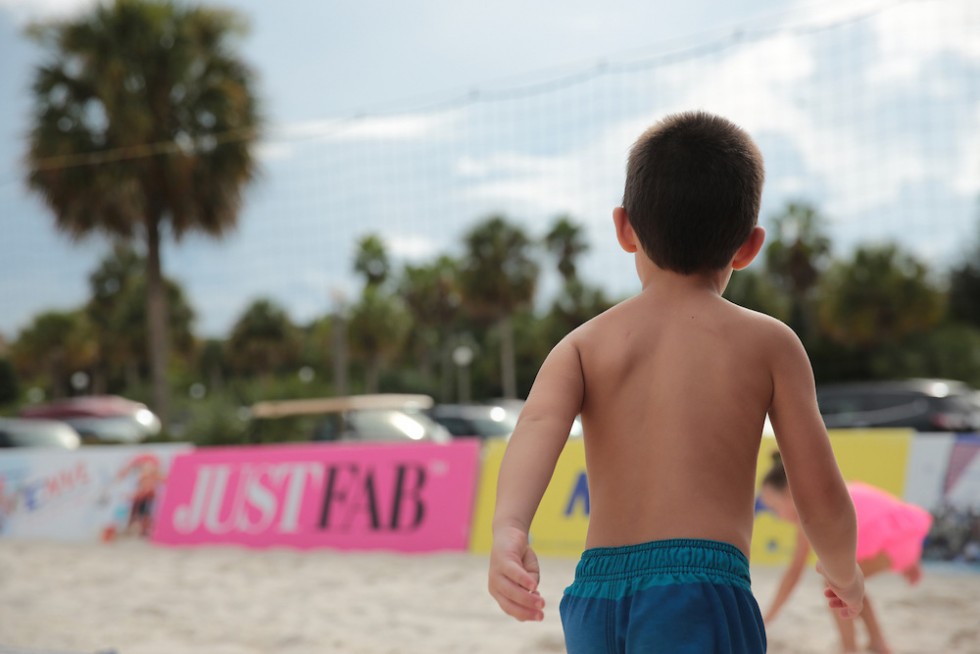Participating in sports is beneficial for any child, especially for those on the autism spectrum. Having fun and getting some exercise is excellent for the health and the well-being of any individual, young or old. Playing sports and being a part of a team helps teach children important life skills such as teamwork, cooperation, and shows them that there are rewards when there is hard work and dedication involved. Some parents with children on the autism spectrum might be apprehensive about getting them into volleyball or into any sport for that matter, but every child is unique and for many autistic children playing sports can become an excellent way to help them to overcome obstacles and succeed.

Beach volleyball is a good way for autistic children to learn life skills and have fun at the same time. It is an excellent way to develop their balance, strength, coordination and instill confidence. If you have an autistic child and have been hesitant about getting him or her into beach volleyball, check out these autistic sports tips that will help your child succeed on the court and in life.
1. If your child is not quite ready for a group setting, allow them to practice at home in a stress-free, fun environment. In addition, having private lessons can also help your child build confidence and skill in a private, one on one setting.
2. Communicate with your child’s instructors and coaches and inform them of your child’s diagnosis. Use this opportunity to let them know of your child’s strengths, challenges, triggers and sensitivities.
3. Work out a plan with the coach and your child on how to inform the other members of the team about your child’s diagnosis. You want everyone to be on the same page, so there are no surprises.
4. Since your child may not be able to go at the same pace as other children at first, talk to the coach about breaking drills down into smaller segments so your child does not become over-stimulated and frustrated.
5. Talk to the coach about establishing a consistent routine, and to give forewarning of change. Having the beginning and end of drills defined clearly can help decrease anxiety.
6. Encourage short breaks that go along with your child’s pace. If your child becomes fatigued or frustrated, these min-breaks can help your child calm down and get him or her back in the game.
7. Work with your child in order to set manageable, realistic goals for themselves along the way. This will give your child something to work towards and can help build confidence.
8. Include your child in all decisions relating to them and the sport. By including them in the decision-making process, you can help build up their self-confidence and promote independence.
9. Always remember to be patient, encourage your child every step of the way, and always use positive reinforcement! Just don’t overdo the praise.
10. Don’t stress your child’s skill level, instead, ensure that they are having fun, learning social skills, building confidence and are learning important life skills.






![NVL Stars Kaya Sowala and Raquel Ferreira Team Up For the 2016 Season – Interview [Part Two]](https://thenvl.com/wp-content/uploads/2016/04/1000-1.jpeg)
